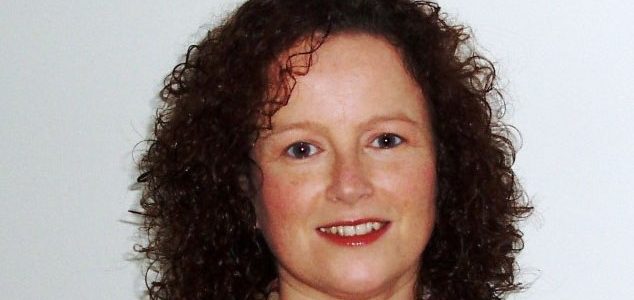Pioneering Work Leads to Safer Deliveries
The work of a NHS Forth Valley midwife has led to improved safety for women and their unborn babies. Sister Midwife Debbie Forbes who works in the maternity department at Forth Valley Royal Hospital has developed new ways of regulating a drug which is frequently used to speed up labour. Her methods, which are now attracting significant interest, have the potential to improve safety in maternity units across the rest of the UK.
Debbie’s work, which is part of the maternity patient safety programme, is based on American research and has led to her being nominated for this year’s Scottish Health Awards by NHS Forth Valley’s Associate Nurse Director and Head of Midwifery Gillian Morton. She said:
Debbie has worked tirelessly on the new development. She is extremely enthusiastic and has managed to transmit her enthusiasm to engage and motivate both medical and midwifery staff. I have no doubt that the development of this important care package will further improve the safety of women and their unborn babies.”
The use of Syntocinon is significant in maternity units across Scotland. It is a man-made chemical that mimics a natural hormone called oxytocin and works by stimulating the muscles of the womb to produce rhythmic contractions. Although very valuable and useful, it can have unwelcome side effects on both mother and unborn baby.
To bring on or maintain labour, it is given by intravenous infusion (drip) and the speed of the infusion is set to maintain a pattern of contractions similar to normal labour. Both Mum and unborn baby are closely monitored to prevent complications. Prior to Debbie’s work, no standardised procedure existed within any NHS Scotland Board for lowering the amount of drug being administered or re-starting the drip should it have to be turned off for a short period.
Her findings are especially useful for new medical staff who regularly commence training in the labour ward and are often unfamiliar with the use of syntocinon.
Debbie, who has spent around six months working on the project, said:
I am delighted to have been nominated for one of the prestigious Scottish Health Awards. I believe that the results of my development will provide a safe and reliable package of care and I hope to share the findings to encourage wider adoption and roll-out across the country.”





